Misterije svemira
Re: Misterije svemira
http://rs.n1info.com/a209922/Sci-Tech/Z ... marsu.html
Na Marsu pronađeni znaci davnog života?
Na Marsu pronađeni znaci davnog života?
- maxer
- Postovi: 6672
- Pridružio se: 13 Jan 2012, 01:36
- Garaža: Ford Focus II Mk2 1.6 16V
- Lokacija: Zaječar
Re: Misterije svemira
Logično (pored onolikih tragova koji ukazuju na davno postojanje tečnosti na površini). Nadam se da će vremenom pronaći i mnogo konkretnije dokaze (neke butkice, rebarca i sl.  ).
).
- samo polako
- Postovi: 3361
- Pridružio se: 13 Jan 2012, 10:15
Re: Misterije svemira
Ne verujem dok ne vidim školjku Golfa 2.
Mene zanima da mi vi mene kazete gde ima jevtina kavurma, čvarci... Mene to brine jutros...
- maxer
- Postovi: 6672
- Pridružio se: 13 Jan 2012, 01:36
- Garaža: Ford Focus II Mk2 1.6 16V
- Lokacija: Zaječar
Re: Misterije svemira
This may be the most accurate Milky Way galaxy simulation ever made
http://www.businessinsider.com/what-mil ... ike-2016-9
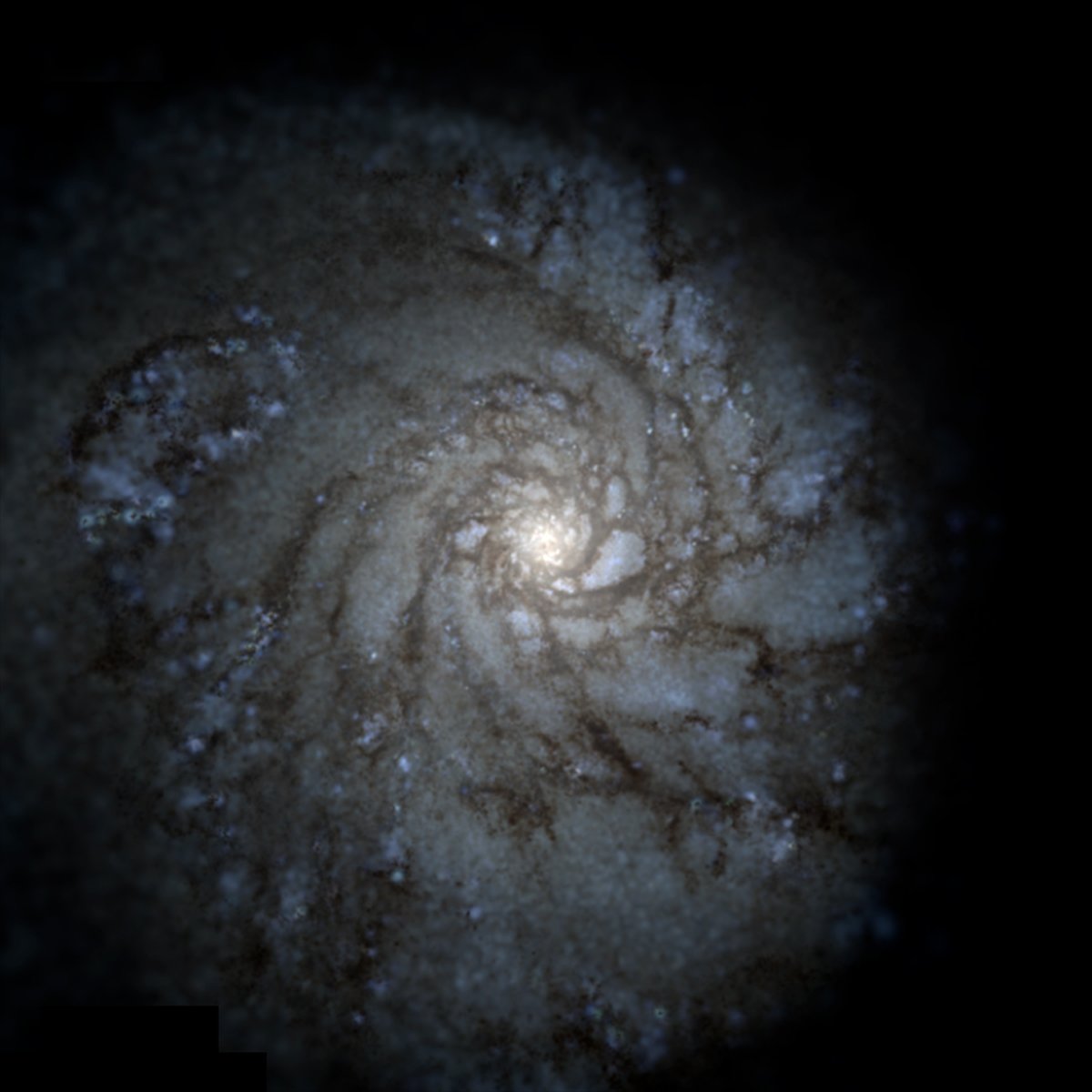
A close-up view of a simulated Milky Way galaxy, generated from the birth of the universe all the way to the present. Hopkins Research Group/Caltech
A powerful new computer simulation has provided the clearest-ever picture of how our galactic home, the Milky Way, came to exist.
The Milky Way is a truly monstrous collection of more than 100 billion stars that stretches more than 100,000 light-years wide.
However, we have company in the form of small neighbors called dwarf galaxies, which orbit our much-larger spiral galaxy. Some are choking with dark matter — a so-far unexplained gravitational anomaly that pervades galaxies. Others have been ripped apart into a diffuse "graveyard" of stars for lurking too close to our spiral galaxy.
Though tiny in relation to the Milky Way (some are comprised of just a few thousand stars), these dwarf galaxies have vexed astronomers to no end: Not even the most advanced computer simulations could explain how they got there.
But in a new study published in Astrophysical Journal Letters on August 12, a group of researchers at Caltech say they've finally reconciled the existence of our tiny galactic neighbors.
"[O]ur model simulates a galaxy as similar to the Milky Way as we can, starting from cosmological initial conditions just after the Big Bang," study leader Andrew Wetzel told Business Insider in an email.
Wetzel says the simulation below is not an exact match, in terms of our galaxy's spiral arms — it's a sort of simulated pseudo-Milky Way — but is possibly the "closest yet" for matching the Milky Way.
It shows what our galaxy might look like from an unfathomable distance of about 300,000 light-years away:
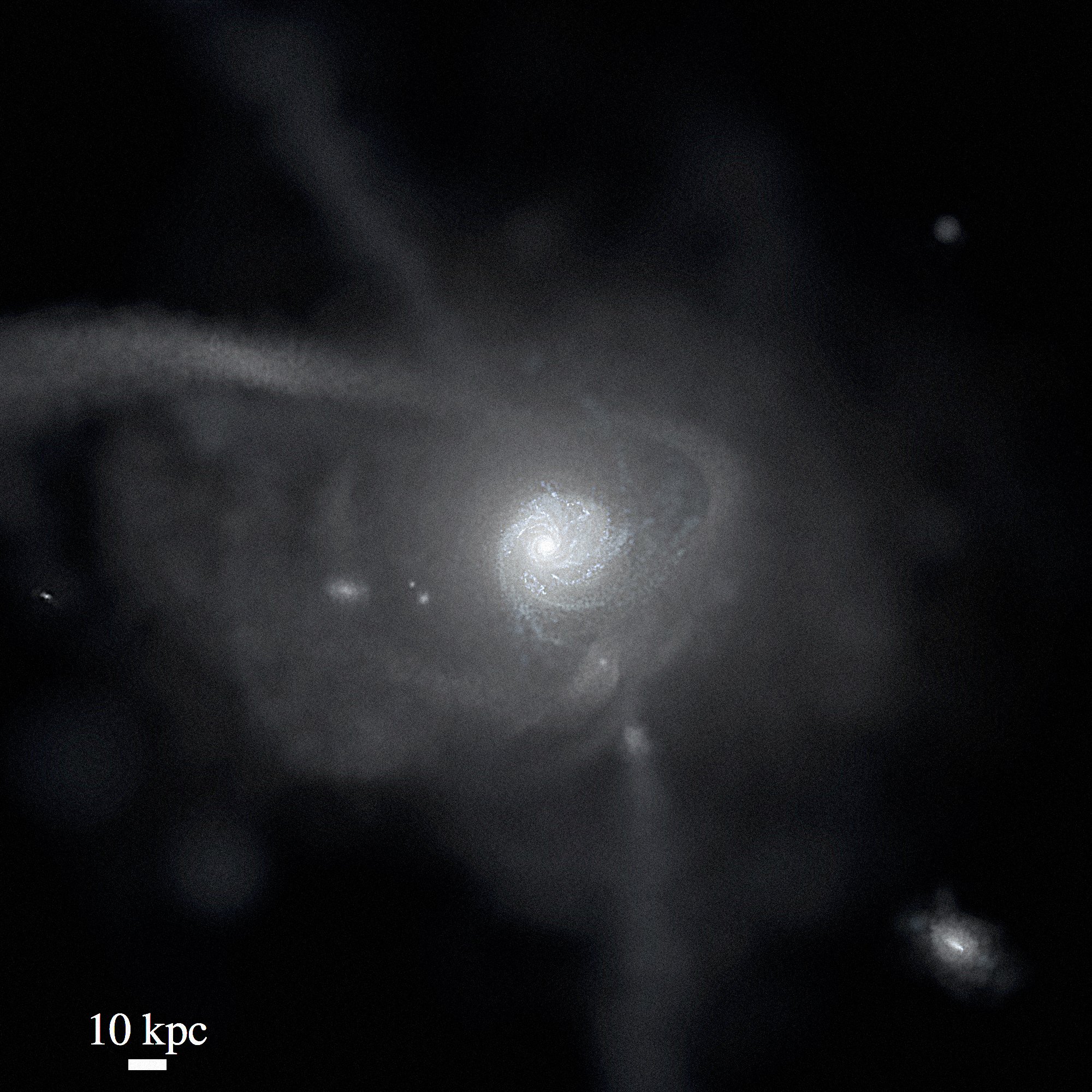
A view of Caltech's simulated Milky Way galaxy from 300,000 light-years away. Hopkins Research Group/Caltech
Wetzel says of the image above:
"You can see the Milky Way-like disk in the center, but also, around it are both the low-mass (dwarf) galaxies, and the 'diffuse' (almost circular) distribution of stars that we call the 'stellar halo'. It is the graveyard of dwarf galaxies that have been destroyed by orbiting too close to the Milky Way. This stellar distribution is quite diffuse (low density), so it appears really really faint, but ... this is how we think the Milky Way would look from afar if you could produce a really really deep image of everything around it."
The trick to making this highly accurate simulation, Wetzel explained in a Caltech press release, was more detailed modeling of exploding stars called supernovas.
Each cataclysmic explosion spews out powerful winds, which he said can have "dramatic effects" on star-forming gas and dust where dwarf galaxies eventually form.
According to the release:
"These winds, which reach speeds up to thousands of kilometers per second, 'can blow gas and stars out of a small galaxy,' says Wetzel. Indeed, the new simulation showed the winds can blow apart young dwarf galaxies, preventing them from reaching maturity."
Once those blasts were properly accounted for, their simulated Big Bang — the birth of the universe — smoothly led to the formation of a Milky Way and its colorful neighborhood of dwarf galaxies.
It also let them create pretty amazing fly-through videos of the simulated Milky Way:
https://www.youtube.com/watch?v=syiL5fbaD1M
According to the release, the research team plans to spend another "20 million CPU hours" to predict where faint, as-yet-undiscovered dwarf galaxies may be lurking.
Wetzel says if you're looking for the most accurate map of the Milky Way, researchers have previously used Spitzer Space Telescope data to make one.
Tako da Mlečni put ne izgleda baš onako kako smo ga ranije zamišljali:
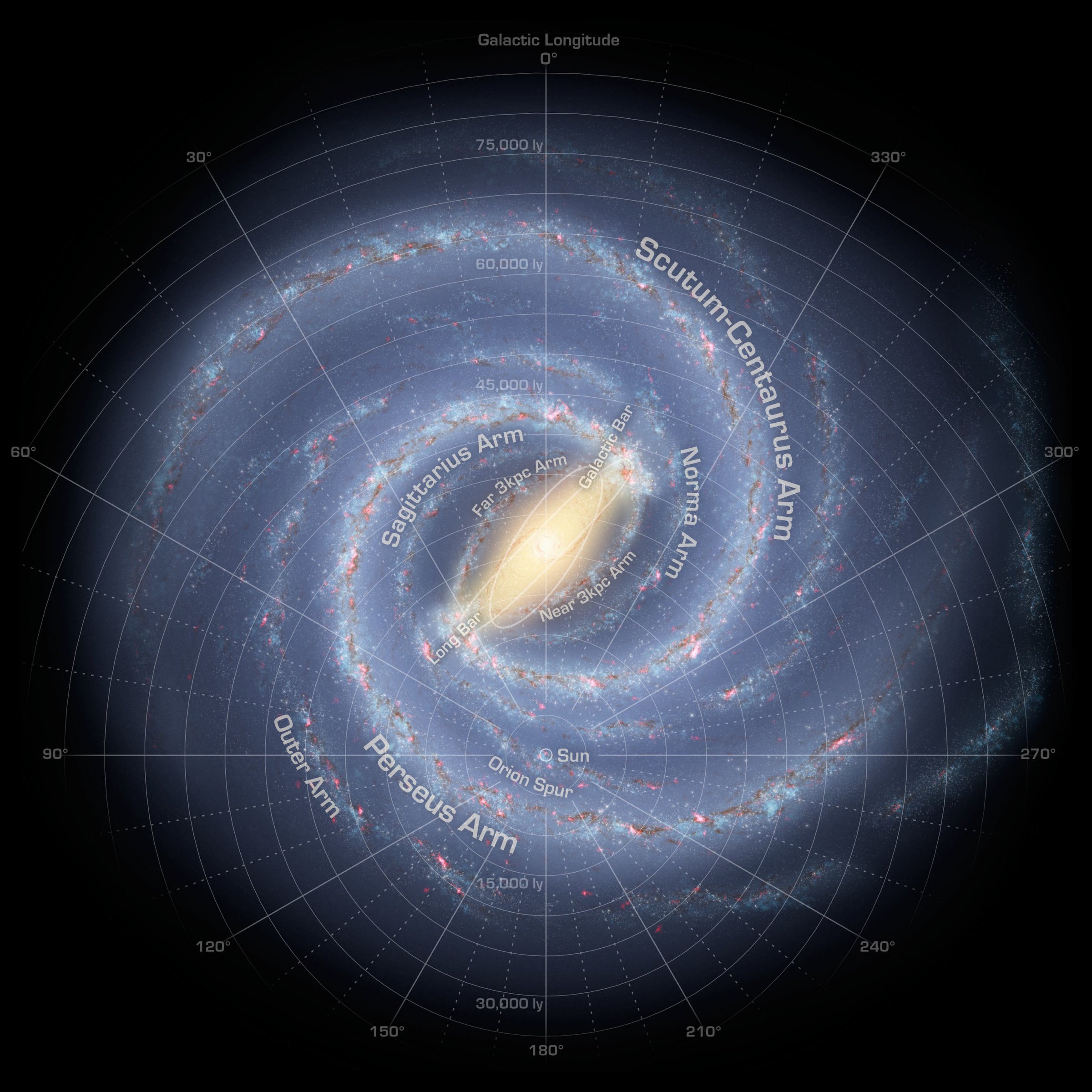
The Milky Way galaxy illustration, showing all of the known spiral arms and star clusters (from NASA).
http://www.businessinsider.com/what-mil ... ike-2016-9

A close-up view of a simulated Milky Way galaxy, generated from the birth of the universe all the way to the present. Hopkins Research Group/Caltech
A powerful new computer simulation has provided the clearest-ever picture of how our galactic home, the Milky Way, came to exist.
The Milky Way is a truly monstrous collection of more than 100 billion stars that stretches more than 100,000 light-years wide.
However, we have company in the form of small neighbors called dwarf galaxies, which orbit our much-larger spiral galaxy. Some are choking with dark matter — a so-far unexplained gravitational anomaly that pervades galaxies. Others have been ripped apart into a diffuse "graveyard" of stars for lurking too close to our spiral galaxy.
Though tiny in relation to the Milky Way (some are comprised of just a few thousand stars), these dwarf galaxies have vexed astronomers to no end: Not even the most advanced computer simulations could explain how they got there.
But in a new study published in Astrophysical Journal Letters on August 12, a group of researchers at Caltech say they've finally reconciled the existence of our tiny galactic neighbors.
"[O]ur model simulates a galaxy as similar to the Milky Way as we can, starting from cosmological initial conditions just after the Big Bang," study leader Andrew Wetzel told Business Insider in an email.
Wetzel says the simulation below is not an exact match, in terms of our galaxy's spiral arms — it's a sort of simulated pseudo-Milky Way — but is possibly the "closest yet" for matching the Milky Way.
It shows what our galaxy might look like from an unfathomable distance of about 300,000 light-years away:

A view of Caltech's simulated Milky Way galaxy from 300,000 light-years away. Hopkins Research Group/Caltech
Wetzel says of the image above:
"You can see the Milky Way-like disk in the center, but also, around it are both the low-mass (dwarf) galaxies, and the 'diffuse' (almost circular) distribution of stars that we call the 'stellar halo'. It is the graveyard of dwarf galaxies that have been destroyed by orbiting too close to the Milky Way. This stellar distribution is quite diffuse (low density), so it appears really really faint, but ... this is how we think the Milky Way would look from afar if you could produce a really really deep image of everything around it."
The trick to making this highly accurate simulation, Wetzel explained in a Caltech press release, was more detailed modeling of exploding stars called supernovas.
Each cataclysmic explosion spews out powerful winds, which he said can have "dramatic effects" on star-forming gas and dust where dwarf galaxies eventually form.
According to the release:
"These winds, which reach speeds up to thousands of kilometers per second, 'can blow gas and stars out of a small galaxy,' says Wetzel. Indeed, the new simulation showed the winds can blow apart young dwarf galaxies, preventing them from reaching maturity."
Once those blasts were properly accounted for, their simulated Big Bang — the birth of the universe — smoothly led to the formation of a Milky Way and its colorful neighborhood of dwarf galaxies.
It also let them create pretty amazing fly-through videos of the simulated Milky Way:
https://www.youtube.com/watch?v=syiL5fbaD1M
According to the release, the research team plans to spend another "20 million CPU hours" to predict where faint, as-yet-undiscovered dwarf galaxies may be lurking.
Wetzel says if you're looking for the most accurate map of the Milky Way, researchers have previously used Spitzer Space Telescope data to make one.
Tako da Mlečni put ne izgleda baš onako kako smo ga ranije zamišljali:

The Milky Way galaxy illustration, showing all of the known spiral arms and star clusters (from NASA).
- maxer
- Postovi: 6672
- Pridružio se: 13 Jan 2012, 01:36
- Garaža: Ford Focus II Mk2 1.6 16V
- Lokacija: Zaječar
Re: Misterije svemira
Jes čudno nešto ... ja bih vratio rover da to ponovo uslika ... i zamisli scenario da "objekat" više nije na tom mestu 

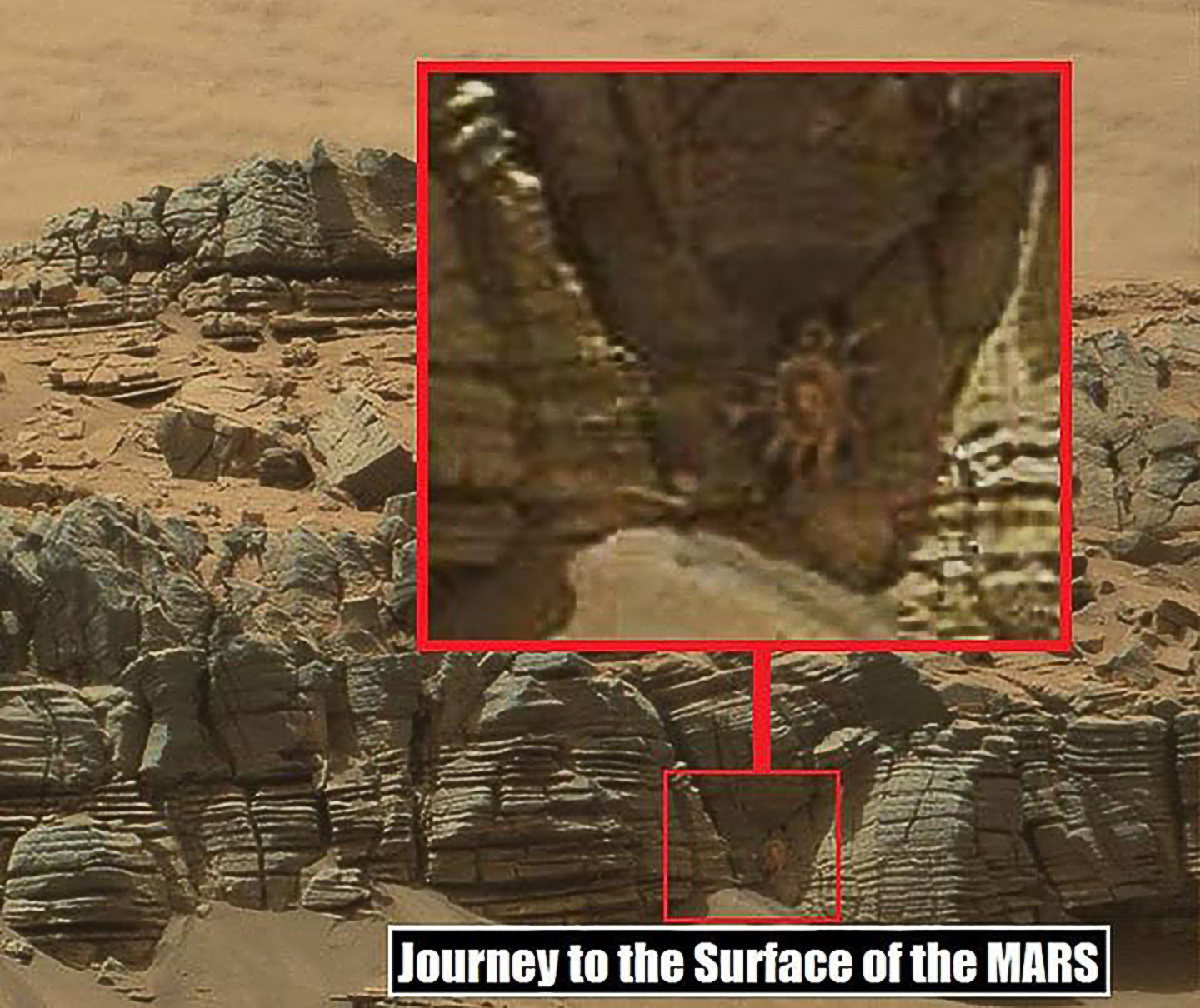
Ima takvih stvari dosta na slikama sa Marsa, npr.:
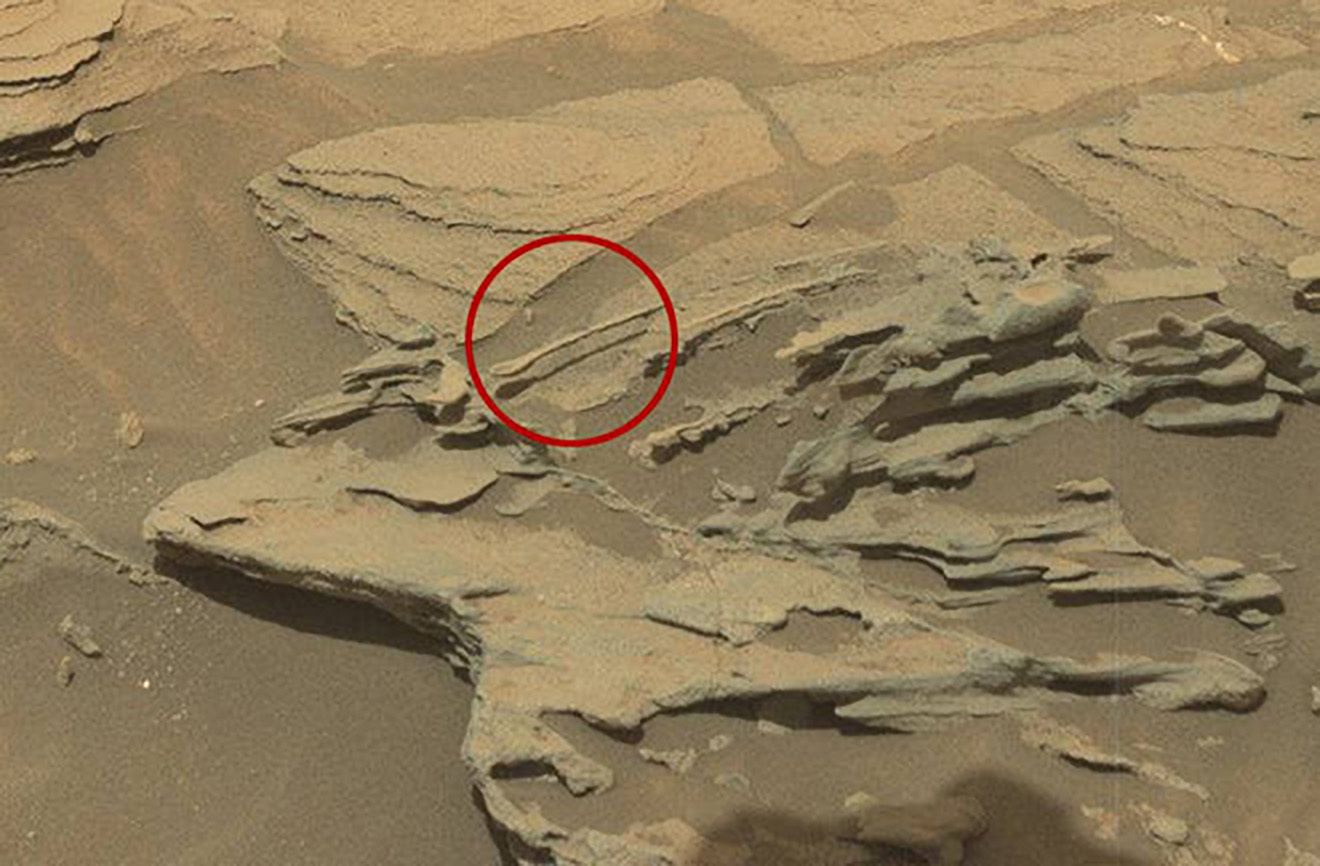
A evo i šta sam ja uočio na jednoj slici (i tu bih vratio makinu da to pobliže pogleda):


Ima takvih stvari dosta na slikama sa Marsa, npr.:

A evo i šta sam ja uočio na jednoj slici (i tu bih vratio makinu da to pobliže pogleda):

- maxer
- Postovi: 6672
- Pridružio se: 13 Jan 2012, 01:36
- Garaža: Ford Focus II Mk2 1.6 16V
- Lokacija: Zaječar
Re: Misterije svemira
Jedan fin dokumentarac:
https://www.youtube.com/watch?v=uE5POhMnN78
https://www.youtube.com/watch?v=uE5POhMnN78
- maxer
- Postovi: 6672
- Pridružio se: 13 Jan 2012, 01:36
- Garaža: Ford Focus II Mk2 1.6 16V
- Lokacija: Zaječar
Re: Misterije svemira
Još jedna "kašička" na Marsu:
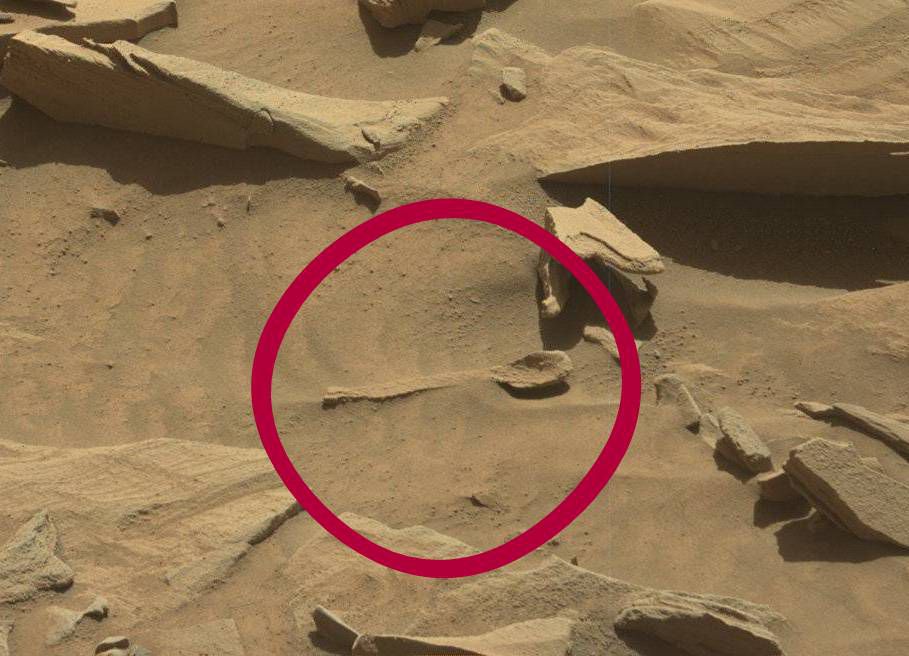

- methane.master
- Postovi: 21561
- Pridružio se: 13 Jan 2012, 10:30
- Garaža: Clio III ph2 1,2 16V
- maxer
- Postovi: 6672
- Pridružio se: 13 Jan 2012, 01:36
- Garaža: Ford Focus II Mk2 1.6 16V
- Lokacija: Zaječar
Re: Misterije svemira
Znači mi smo tek od skora na Zemlji (ako je on jeo zadnji put na Marsu)?
Dođoši praktično
Dođoši praktično
- Risto
- Postovi: 6023
- Pridružio se: 24 Dec 2012, 23:51
- Garaža: BMW 316d Sport Line, OEBB Desiro
- Lokacija: Klagenfurt, AT
Re: Misterije svemira
Zato nas zapad ne voli 
Sent from my Nexus 5X using Tapatalk
Sent from my Nexus 5X using Tapatalk
- methane.master
- Postovi: 21561
- Pridružio se: 13 Jan 2012, 10:30
- Garaža: Clio III ph2 1,2 16V
Re: Misterije svemira
Ako radi i ono drugo nadam se da nećeš kačiti slike. 
Sent from mTalk
Sent from mTalk
Širim haos!
- maxer
- Postovi: 6672
- Pridružio se: 13 Jan 2012, 01:36
- Garaža: Ford Focus II Mk2 1.6 16V
- Lokacija: Zaječar
Re: Misterije svemira
Ne brini se 
Jedna od super detaljnih slika (visoke rezolucije, sastavljena od gomile manjih):

Smanjio sam je 4x ... originalnu (22666x5838 pix.) možete videti ovde:
http://mars.nasa.gov/imgs/2015/08/Mars- ... 3-full.jpg (69,8 MB)
Jedna od super detaljnih slika (visoke rezolucije, sastavljena od gomile manjih):

Smanjio sam je 4x ... originalnu (22666x5838 pix.) možete videti ovde:
http://mars.nasa.gov/imgs/2015/08/Mars- ... 3-full.jpg (69,8 MB)
- maxer
- Postovi: 6672
- Pridružio se: 13 Jan 2012, 01:36
- Garaža: Ford Focus II Mk2 1.6 16V
- Lokacija: Zaječar
Re: Misterije svemira
Šta mislite, da li je ovo "normalan" oblik kamena ... kao ovi ostali na slici? 
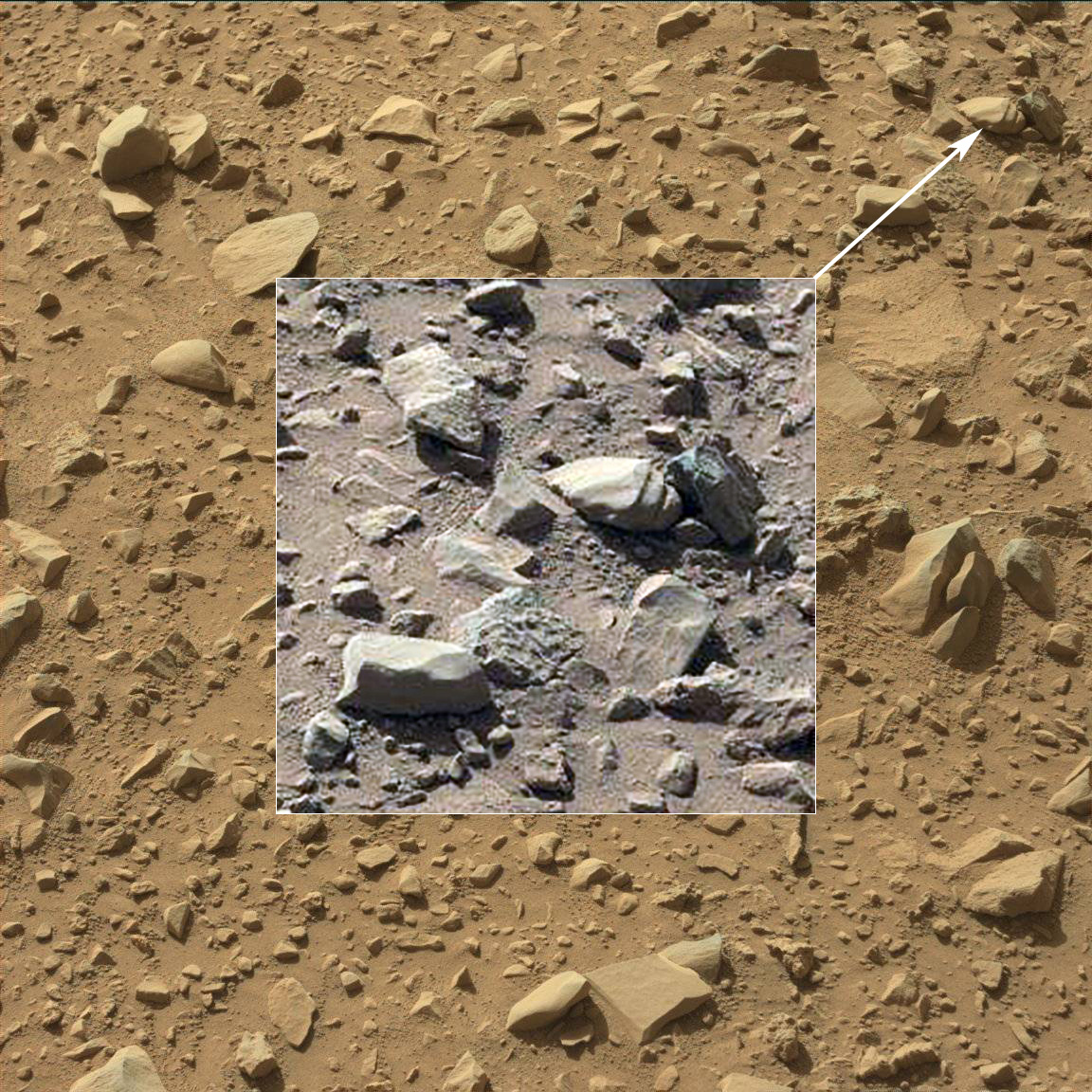
http://mars.jpl.nasa.gov/msl-raw-images ... 1_DXXX.jpg

http://mars.jpl.nasa.gov/msl-raw-images ... 1_DXXX.jpg


